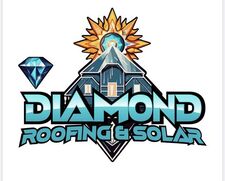
Get matched with top gas leak repair technicians in Alberton, MT
Enter your ZIP and get matched with up to 5 pros
Need a pro for your gas leak repair project in Alberton, MT?
Verified Reviews for Gas Leak Repair pros in Alberton, MT
*The Angi rating for Gas Leak Repair companies in Alberton, MT is a rating based on verified reviews from our community of homeowners who have used these pros to meet their Gas Leak Repair needs.
*The HomeAdvisor rating for Gas Leak Repair companies in Alberton, MT is a rating based on verified reviews from our community of homeowners who have used these pros to meet their Gas Leak Repair needs.
Last update on December 07, 2025
Find Gas leak repair technicians in Alberton
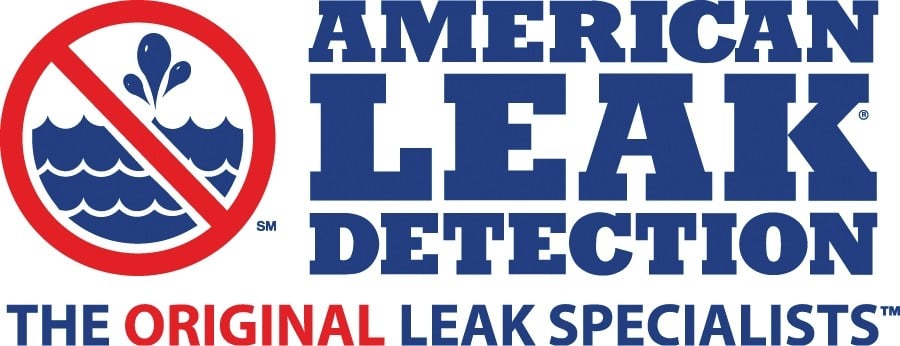
American Leak Detection - Montana
American Leak Detection - Montana
LEAK DETECTION WITHOUT DESTRUCTION, REPAIR SWIMMING POOL, SLAB, SEWER LEAKS, SPRINKLER SYSTEMS, SWIMMING POOL CRACK INJECTION, CONCEALED PLUMBING SYSTEMS.
LEAK DETECTION WITHOUT DESTRUCTION, REPAIR SWIMMING POOL, SLAB, SEWER LEAKS, SPRINKLER SYSTEMS, SWIMMING POOL CRACK INJECTION, CONCEALED PLUMBING SYSTEMS.
Anderson's Heating
Anderson's Heating
Additional service area - Pinesdale, Helmville, Huson, Lolo, Milltown, Ovando, Ravalli, Ronan, Saint Ignatius, Seeley Lake, Stevensville, Superior & Victor. Additional email - [email protected].
Additional service area - Pinesdale, Helmville, Huson, Lolo, Milltown, Ovando, Ravalli, Ronan, Saint Ignatius, Seeley Lake, Stevensville, Superior & Victor. Additional email - [email protected].
The Alberton, MT homeowners’ guide to gas leak repairs
From average costs to expert advice, get all the answers you need to get your job done.

Find costs to repair a gas line and plan your budget based on the problem, from excavating for a new line to making a minor repair to an existing one.

Whether it's time for pipe replacement or to hook up the range of your dreams, gas line installation cost is an important line in your budget. Let's take a look.
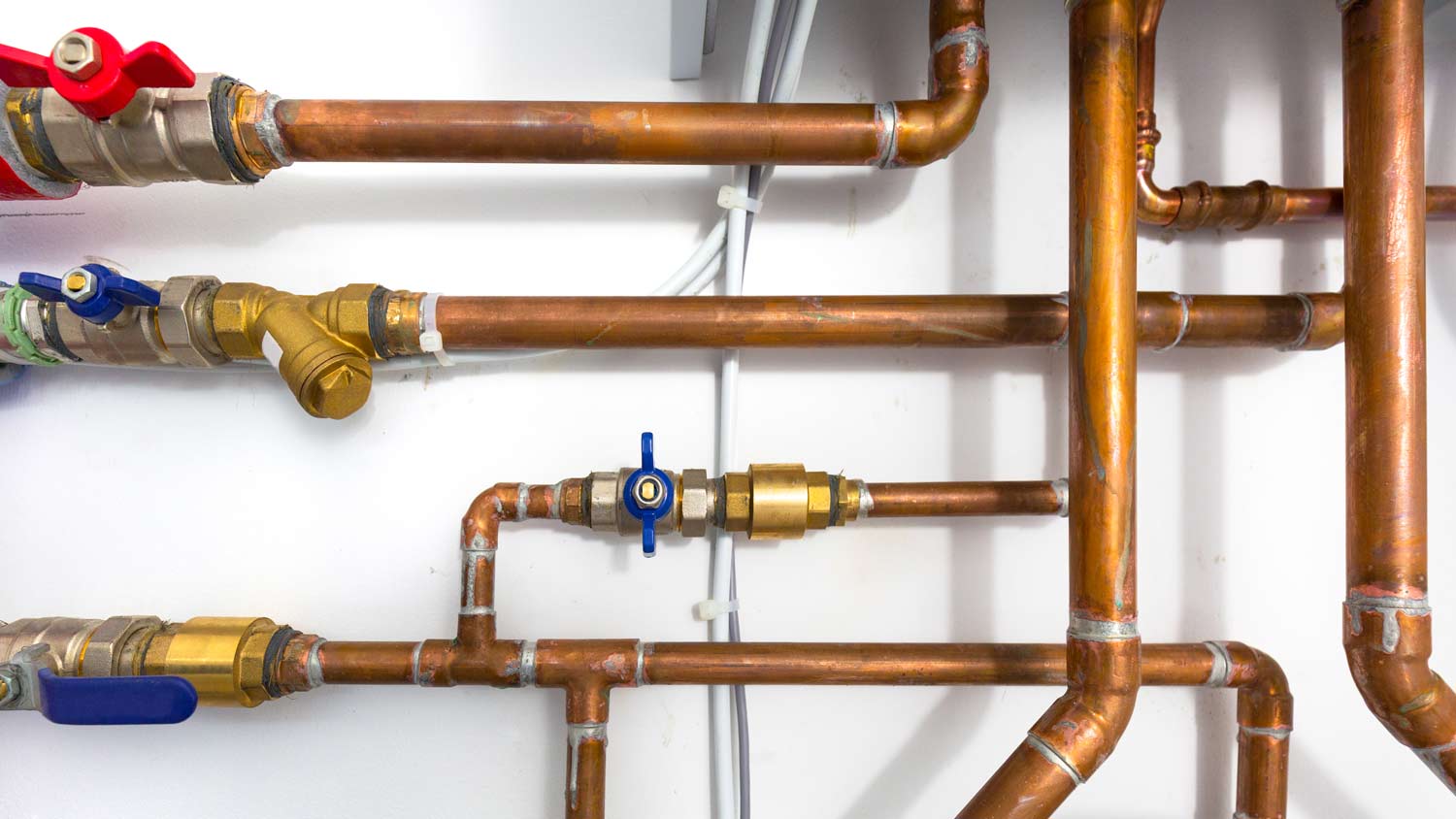
Trying to decide which home gas pipe size fits? We look into home gas pipes, standard sizes, how to measure, and factors that will influence your choice.
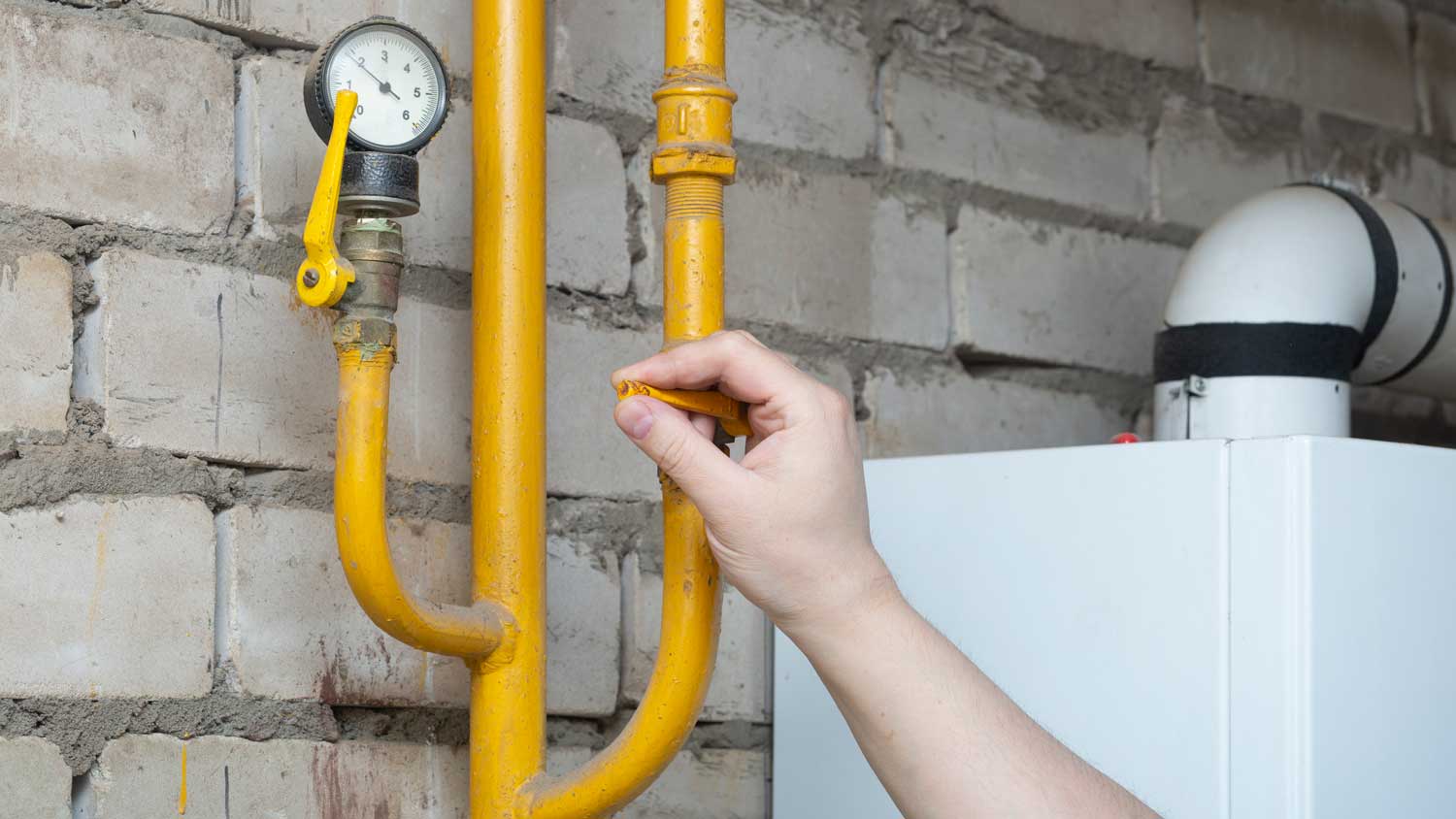
Figuring out which pipes are for gas lines can seem overwhelming at first, but here are the six best options for your home.
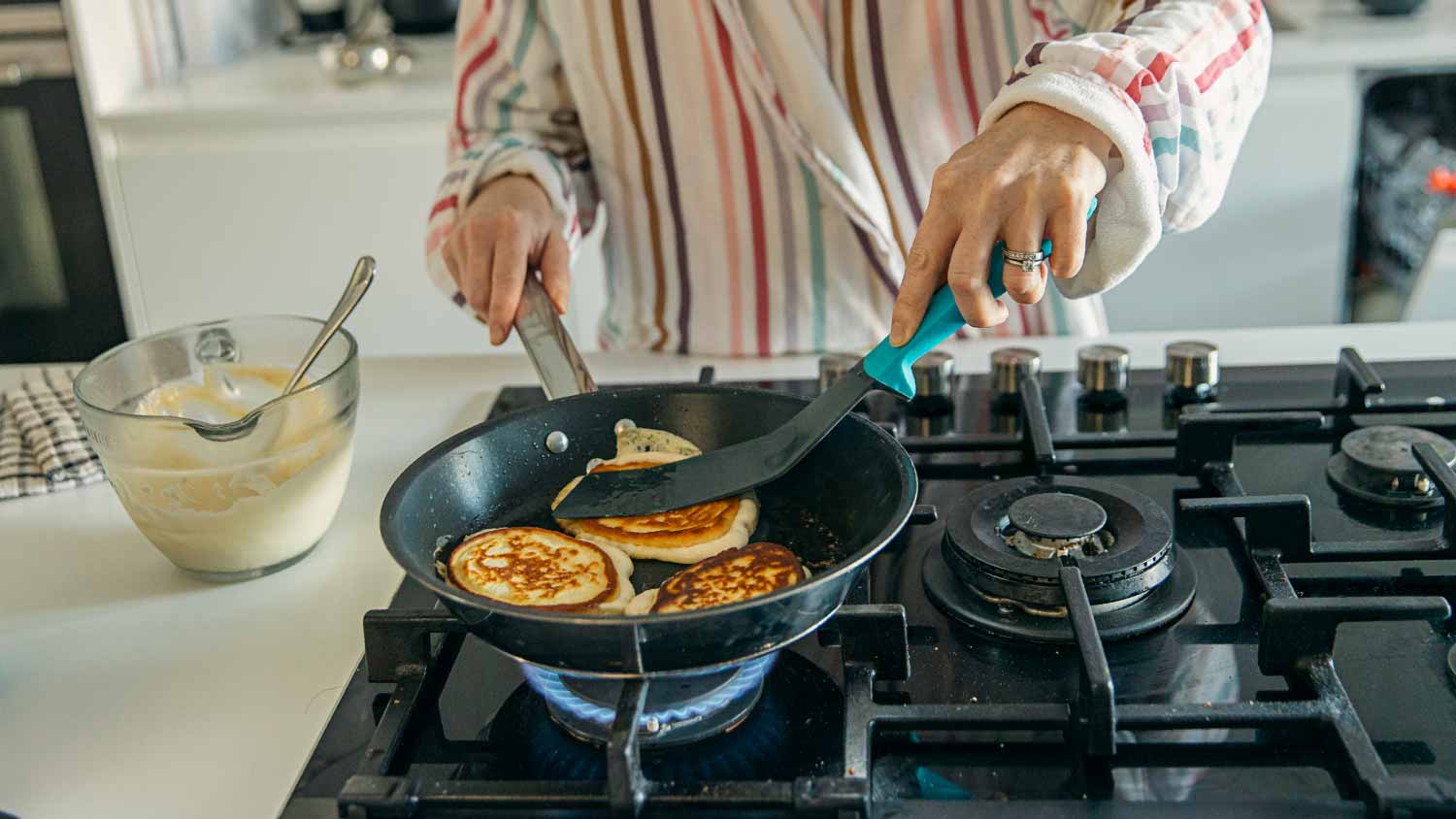
Choosing the right pipe type for your gas lines can help ensure the safe use of your gas appliances. Find out if you can use galvanized pipe for gas in this guide.

Dangerous household gases can make you sick—and, in some cases, can be deadly. These are the five most common toxic household gases to be aware of.
- Frenchtown, MT Gas leak repair technicians
- Missoula, MT Gas leak repair technicians
- Lolo, MT Gas leak repair technicians
- Ronan, MT Gas leak repair technicians
- Bonner, MT Gas leak repair technicians
- Clinton, MT Gas leak repair technicians
- Pablo, MT Gas leak repair technicians
- Pinesdale, MT Gas leak repair technicians
- Seeley Lake, MT Gas leak repair technicians
- Condon, MT Gas leak repair technicians
- Polson, MT Gas leak repair technicians
- Bigfork, MT Gas leak repair technicians
- Mullan, ID Gas leak repair technicians
- Pierce, ID Gas leak repair technicians
- Lakeside, MT Gas leak repair technicians
- Roofing in Alberton
- Exterior Painting in Alberton
- Pest Control in Alberton
- Electrical in Alberton
- Excavating in Alberton
- Foundation Repair in Alberton
- Mailbox Repair in Alberton
- Roof Ice And Snow Removal in Alberton
- Animal Removal in Alberton
- Gutter Cleaning in Alberton
- Tree Service in Alberton
- Septic Tank in Alberton
- Water And Smoke Damage in Alberton
- Handyman Service in Alberton
- Basement Waterproofing in Alberton
- Flooring in Alberton
- Cabinet Makers in Alberton
- Deck Maintenance in Alberton
- Land Surveying in Alberton
- Drywall in Alberton
- Moving in Alberton
- Painting in Alberton
- Plaster Plaster Repair in Alberton
- Chimney Sweep in Alberton
- Windows in Alberton
- Roofing in Alberton
- Tree Service in Alberton
- Kitchen And Bath Remodeling in Alberton
- Electrical in Alberton
- Home Builders in Alberton
- 🌱 "Mow a small front yard"
- 🛠 "Fix a leaking pipe under the sink"
- 🏠 "Repair shingles on an asphalt roof"
